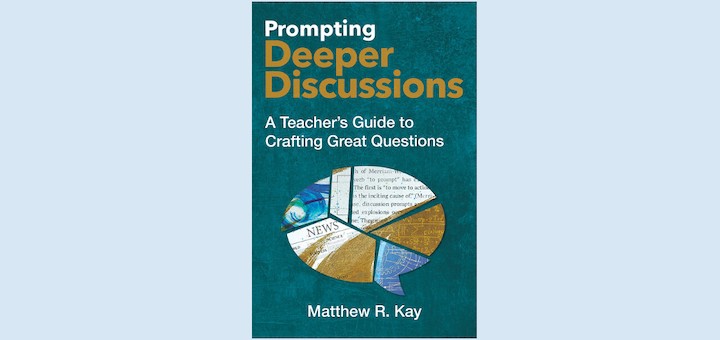Growing the Leadership Capacity in Your School
Solitary leadership doesn’t work very well because no leader knows everything. Ronald Williamson and Barbara R. Blackburn share strategies to help school leaders systematically build leadership capacity among their staffs and capitalize on the talents of informal leaders.





















